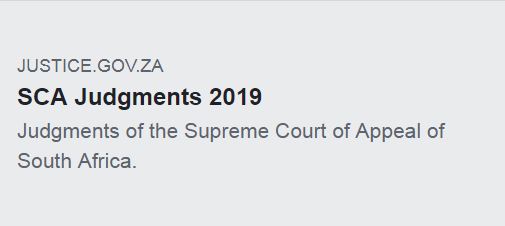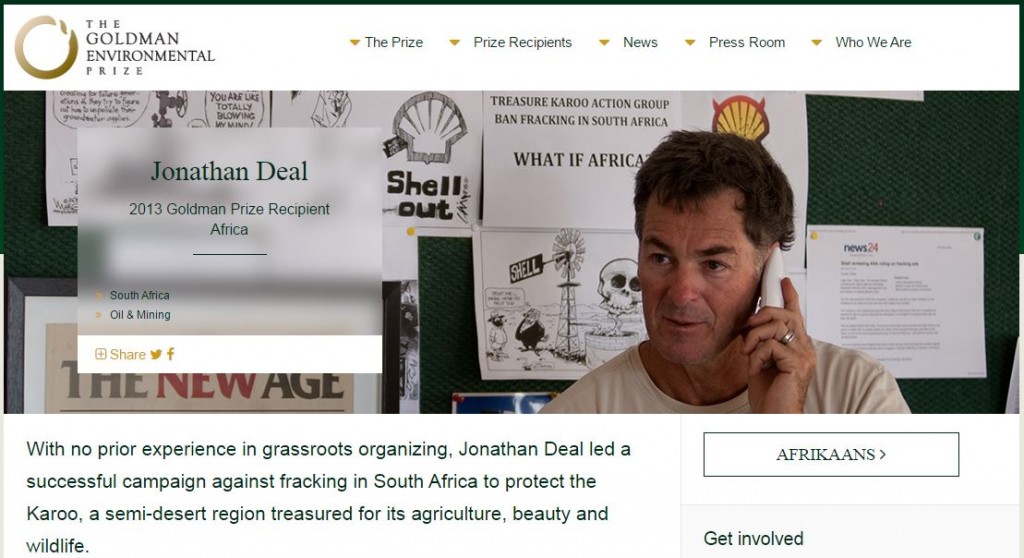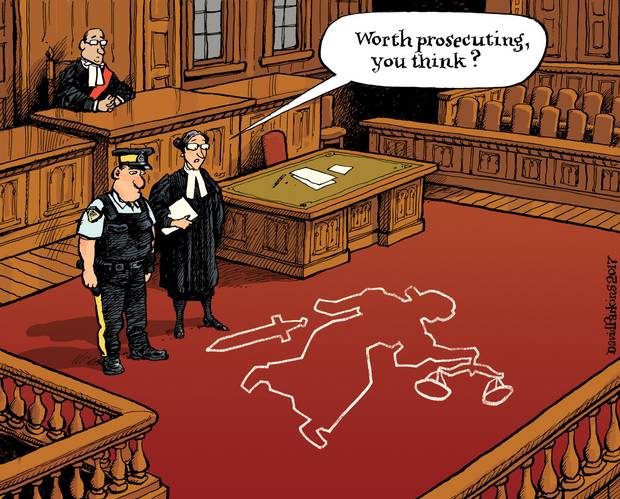
Fracking: Full bench of Judges rule in favour of Karoo by ALGOAFM, July 4, 2019
The civil rights organisation AfriForum and the Treasure the Karoo Action Group’s (TKAG’s) succeeded in its appeal against the Ministers of Mineral Resources and Environmental Affairs to aside the regulations on petroleum exploration and production, as promulgated in 2015 and which allows for fracking in South Africa.
A full bench of judges on Thursday ruled in favour of AfriForum and TKAG in the Appeals Court in Bloemfontein. The two parties have been involved in the litigation for years to prevent the implementation of fracking for gas extraction in the Karoo.
AfriForum and TKAG maintained that the regulations were illegal on several grounds. The Court indeed found that the Minister for Mineral Resources do not have the power and authority to implement the regulations for petroleum exploration and production. The Minister ought to have taken ownership of the process and regulations, however.
Morné Mostert, Head of Local Government Affairs at AfriForum, says that this is a major victory to ensure that our environment is preserved. “We must ensure that future generations have a place in which to live sustainably. We cannot afford to take short-sighted decision.”
He says that the ruling is proof of the necessity that the Departments of Mineral Resources and Environmental Affairs should consult with organisations like AfriForum and TKAG, rather than blatantly continuing and making wrong decisions.
Shell has already downscaled its fracking plans in the Karoo as a result of continuous pressure from AfriForum and TKAG.
The court application was won with cost.
‘No fracking’ Appeal Court victory for AfriForum and Treasure Karoo Action Group by Sara-Jayne King, 5 July 2019, 702.co.za
The Supreme Court of Appeal has ruled in favour of an application brought by AfriForum and the Treasure Karoo Action Group to halt shale gas exploration in the Karoo.
The court ruled the mineral resources minister did not have the authority to make regulations for petroleum exploration and production.
The 2015 regulations make provision for allowing fracking in South Africa.
This decision has sent a good message to the department to get its house in order if it wants to pursue this type of thing.—
Jonathan Deal, CEO – Treasure Karoo Action Group
Both the TKAG and AfriForum have fought for several years to prevent fracking in the Karoo.
Deal explains what the group’s next challenge would be should the government grant exploration licences under new regulations.
To make sure that wherever they want to conduct the exploration they can tick, properly tick all the environmental safeguard boxes.—
Jonathan Deal, CEO – Treasure Karoo Action Group
Statement by Jonathan Deal on FB, July 4, 2019
On this day the appeal court ruled in favour of @Afriforum and @TKAG against the Minister of Minerals in connection with the regulations on shale gas mining. Tkag and Afriforum have long maintained that the regulations are poorly drafted, scientifically inadequate and inappropriate to regulate a polluting and water-thirsty technology driven by oil and gas company greed and supported by short-sighted politicians.
This is an environmental victory for communities in SA and would never have been possible without the resources and support of Afriforum.
Thank you @Afriforum and thank you to all those persons who have been part of this fight since 2010.
To those captains of industry and their paid politicians – you can wind back your plans to explore and frack the Karoo for a while.
Exploration for petroleum by fracking cannot go ahead, SCA rules by Ernest Mabuza, July 4, 2019, Times Live
The SCA has set aside regulations governing exploration for shale gas using fracking. It held that the minister of mineral resources did not have powers to make petroleum regulations in 2015.
The Supreme Court of Appeal (SCA) ruled on Thursday that the minister of mineral resources did not have the power to make regulations for petroleum exploration and production.
These regulations governed the exploration and production of petroleum, including shale gas through the use of hydraulic fracturing (fracking).
The judgment has stalled plans to explore for petroleum by hydraulic fracturing for now because the SCA also set aside the petroleum regulations in their entirety.
The SCA passed its judgment in two cases on appeal which were consolidated for hearing before the court.
In one case brought by Karoo farmers, the high court in Grahamstown had held that the minister of mineral resources was not empowered to make the petroleum regulations which were promulgated in 2015.
However, the high court in Pretoria – in a case brought by Treasure the Karoo Action Group and AfriForum – had ruled in favour of the minister on the same issue.
The matter has its genesis between 2008 and 2010, when three entities applied for rights to explore for shale gas in the Karoo through the use of fracking.
The fracking process would likely have a variety of adverse impacts on the environment, most notably the emissions of pollutants and the contamination of both surface water and groundwater.
As a result of this, the minister of mineral resources established an interdepartmental task team to evaluate the potential risks posed by fracking.
The result was that the environment minister, the mineral resources minister and the minister responsible for water affairs entered into an agreement in respect of the management of environmental impacts of activities under the Mineral and Petroleum Resources Management Act (MPRDA).
The agreement, known as the One Environmental System, was that all environmental aspects would be repealed from the MPRDA and that these would fall under the control of the environment minister under the National Environmental Management Act (Nema).
Despite this agreement, the minister of mineral resources promulgated the petroleum regulations in 2015.
These regulations were then challenged in the two high court cases, one in Grahamstown and the other in Pretoria.
In its judgment on Thursday, the SCA held that the implementation of the One Environmental System divested the minister of mineral resources of the power to make regulations.
“As I have shown, the One Environmental System envisaged that all environmental aspects relating to prospecting, exploration, mining or production in terms of the MPRDA would be regulated through Nema and its subordinate legislation.
“It is plain that this includes making regulations regarding the management of the environmental impacts of these activities,” judge of appeal Christiaan van der Merwe said in a unanimous judgment of the full bench.
Van der Merwe said as a result, the only regulation-making powers regarding the environmental impacts of these activities, were those vested in the environment minister in terms of Nema.
He said a large number of provisions of the petroleum regulations plainly sought to manage the potential impacts of petroleum exploration and production on the environment.
Van der Merwe said exploration for petroleum by hydraulic fracturing should not take place at all before it was lawfully regulated.
Refer also to:
2011 01 31: FRACKING THE KAROO THE PEOPLE SAY NO!
2013 02 14: Synergy Alberta even in S Africa! Shell dishing out ‘Free lunches’ to frac the Karoo

2017 03 30: South Africa: Government approves fracking in the Karoo
What do Canadians get?


